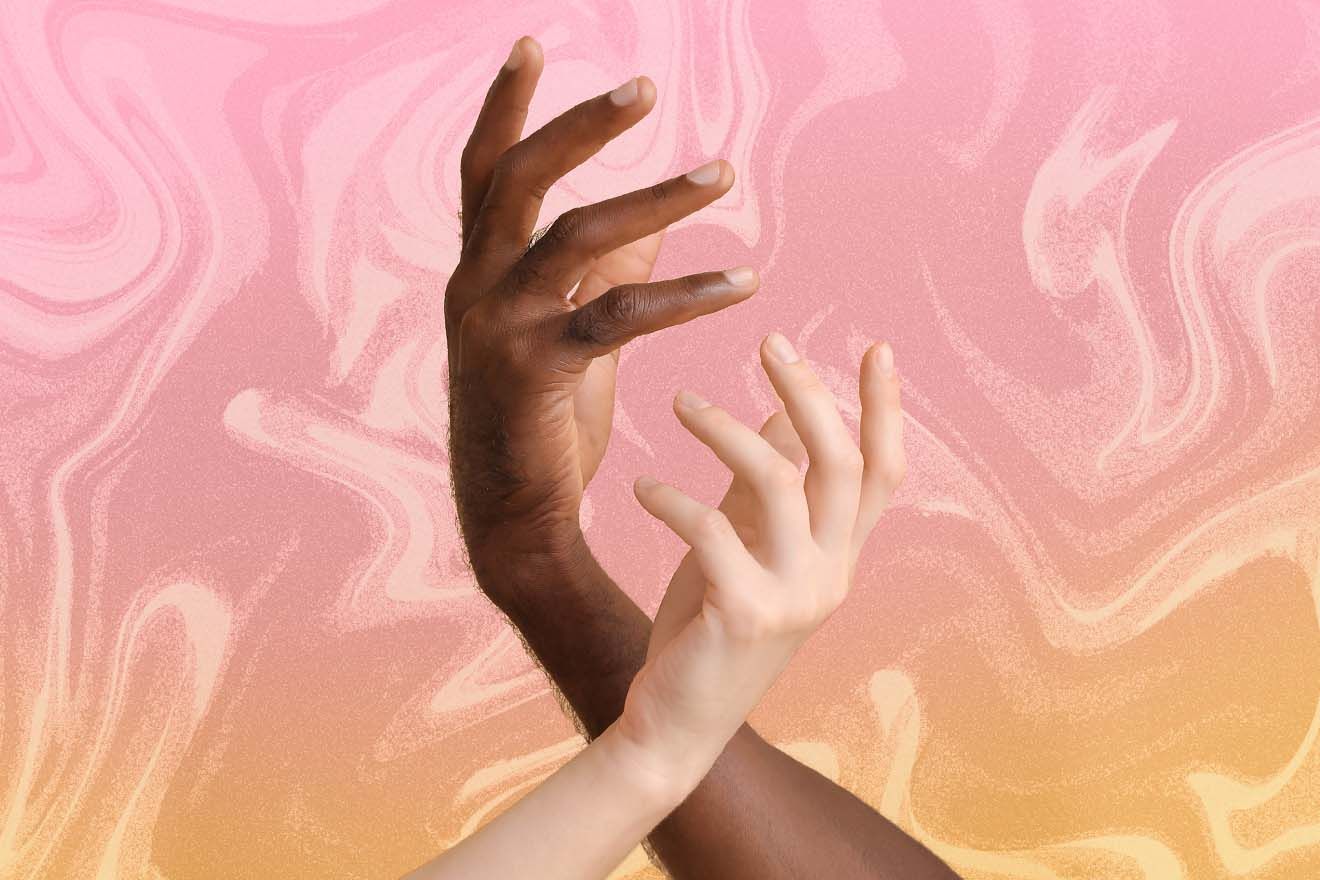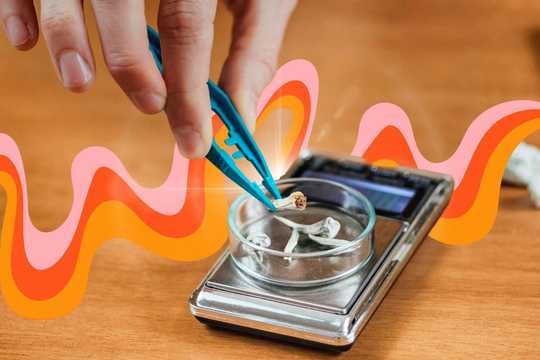Equal representation across ethnicity and race has historically been severely lacking. The US National Institutes of Health (NIH) released specific requirements for funded studies in 1993, stating they must include participants of color. In addition, it mandated that research proposals include methods for recruiting those from ethnic and racial minority groups.
There has been a recent surge of interest in understanding how psychedelics may potentially treat various disorders and illnesses. However, participant enrollment for these studies and clinical studies across the board does not reflect the diverse populations that the findings are intended to generalize.
This article explores why there is an underrepresentation of people of color in psychedelic research and the role psychedelics play in potentially healing racial trauma and improving mental health outcomes.
Underrepresentation of People of Color in Psychedelic Studies
A literature review was published in 2018 that looked at the inclusion of people of color in psychedelic-assisted psychotherapy. It conducted a search of psychedelic studies from 1993 to 2017 and reviewed recruitment methods and inclusion rates for people of color.
A total of 18 studies were included in the review. Within these studies, there were 282 participants with the majority of them identifying as non-Hispanic White. The breakdown of the participants by ethnic and racial makeup was the following:
- 82.3% were non-Hispanic Whites
- 2.5% were African-American
- 2.1% were of Latino origin
- 1.8% were of Asian origin
- 4.6% were of Indigenous origin
- 4.6% identified as mixed race
- 1.8% identified as “other”
- 8.2% did not provide information on the ethnicity of subjects
Recruitment methods were not significantly different for studies that had a greater proportion of minorities (higher than 20%).
The review concluded that people of color are severely underrepresented in psychedelic studies, negatively impacting our understanding of the safety and efficacy of psychedelic treatments. Findings from such studies may not generalize to those in minority populations. The researchers recommended that recruitment methods need to be improved to include more participation from racial minority groups.
A 2021 article dove into racial equity in psychedelic-assisted mental health research and treatment. It suggested many reasons why people of color are not appropriately represented in psychedelic studies.
These include the following:
- Lack of racial diversity and cultural inclusivity in the medical research community
- People of color experience stigma surrounding mental health disorders which limits access to appropriate treatment
- Lack of emphasis on enrolling people of color in psychedelic studies
- Differences in norms, perceptions, and attitudes toward psychedelic use
- A history of unethical research practices and racism that led Black Americans to lack trust in medical research institutions and the healthcare system
Lastly, most psychedelic studies are currently funded by the non-profit sector which means they may not be able to financially compensate their participants. Participating in a psychedelic clinical trial requires a substantial time commitment. This may mean taking time off from work and/or finding childcare. Black and Hispanic families have a median net worth that is less than 15% of White families. This economic inequality creates a barrier for people of color to participate in psychedelic studies.
Psychedelics May Play a Role in Healing Racial Trauma
Psychedelic-assisted therapy has been shown to disrupt neurobiological trauma with the potential to treat trauma-based illnesses. There are a couple of studies that looked at the healing power of psychedelics in racial trauma.
A study conducted a secondary analysis of a North American online survey for people of color. Specifically, it explored the effects of psychedelic use among Asians who have experienced racial discrimination. A total of 92 participants were included in the study.
The survey included questions about demographics, current ethnic identity, frequency of racial discrimination, effects of their most meaningful psychedelic experience, and changes in racial trauma symptoms.
Improvements in racial trauma symptoms were seen 30 days after the psychedelic experience compared to 30 days before. A stronger ethnic identity and a higher intensity of meaningful psychedelic experiences were associated with the improvements in the symptoms.
The study concluded that future studies should focus on the role psychedelics play in treating the trauma experienced by Asians who have been racially discriminated against.
A cross-sectional, observational study looked at the effect of psychedelics on racial trauma symptoms among black, indigenous, and people of color (BIPOC) following a racist experience. The online survey assessed psychedelic effects (acute and enduring), mental health symptoms before and after psychedelic use and racism experiences. Psychedelic substances included psilocybin, LSD, and MDMA.
A total of 313 participants were included. Trauma symptoms significantly decreased after psychedelic use compared to before. Results showed a significant reduction in depression, anxiety, and stress. Acute psychedelic effects including challenging experiences, mystical-type, and insight were found to be significantly associated with a decrease in psychopathy including stress, depression, anxiety, and traumatic stress.
The researchers concluded that psychedelics have the potential to heal the racial trauma experienced by people of the BIPOC community.
The Impact of Race on the Association Between Psychedelics and Positive Mental Health Outcomes
Research has shown the benefits of psychedelics on mental health outcomes; however, given that psychedelic clinical trials are greatly underrepresented by people of color, it is not known how race affects this association.
A study analyzed the results of the National Survey on Drug Use and Health (NSDUH) from 2008 to 2019 to examine how race and ethnicity impacted the relationship between psychedelic use including MDMA and psilocybin, and mental health outcomes. The results showed the following for each racial and ethnic group:
Among White participants, MDMA use and psilocybin use were both found to be associated with a reduced likelihood of mental health outcomes including suicidal ideation in the past year and psychological distress in the past month. MDMA use was also linked to decreased odds of suicidal planning in the past year.
However, those in ethnic minority groups did not show such robust and wide-reaching results. In fact, race was found to moderate the association between psychedelic use and positive mental health outcomes.
Psilocybin use and MDMA use were shown to reduce the likelihood of psychological distress in the past month and suicidal ideation in the past year, respectively among Hispanic participants.
Psilocybin use was the only variable shown to be associated with a decreased likelihood of psychological distress among Asian participants.
Follow your Curiosity
Sign up to receive our free psychedelic courses, 45 page eBook, and special offers delivered to your inbox.No significant associations were found between psychedelic use and positive mental health outcomes among Black, Indigenous, and Multiracial participants.
Therefore, psychedelic research is still in its infancy. The results thus far have shown that psychedelics have the potential to treat a wide range of disorders and improve the quality of life.
However, the generalizability of these findings needs to be taken with a grain of salt due to the underrepresentation of minority populations in past and existing psychedelic clinical trials.
More studies with diverse participant samples need to be conducted to understand the impact, safety, and effectiveness of psychedelic-assisted therapy for communities of color.
References
Ching, T. H. W., Davis, A. K., Xin, Y., & Williams, M. T. (2022). Effects of Psychedelic Use on Racial Trauma Symptoms and Ethnic Identity among Asians in North America. Journal of Psychoactive Drugs, 1–11. https://doi.org/10.1080/02791072.2022.2025960
Jones, G. M., & Nock, M. K. (2022). Race and ethnicity moderate the associations between lifetime psychedelic use (MDMA and psilocybin) and psychological distress and suicidality. Scientific Reports, 12(1). https://doi.org/10.1038/s41598-022-18645-3
Michaels, T. I., Purdon, J., Collins, A., & Williams, M. T. (2018). Inclusion of people of color in psychedelic-assisted psychotherapy: a review of the literature. BMC Psychiatry, 18(1). https://doi.org/10.1186/s12888-018-1824-6
Thrul, J., & Garcia-Romeu, A. (2021). Whitewashing psychedelics: racial equity in the emerging field of psychedelic-assisted mental health research and treatment. Drugs: Education, Prevention and Policy, 28(3), 211–214. https://doi.org/10.1080/09687637.2021.1897331
Williams, M. T., Davis, A. K., Xin, Y., Sepeda, N. D., Grigas, P. C., Sinnott, S., & Haeny, A. M. (2020). People of color in North America report improvements in racial trauma and mental health symptoms following psychedelic experiences. Drugs: Education, Prevention and Policy, 28(3), 1–12. https://doi.org/10.1080/09687637.2020.1854688







